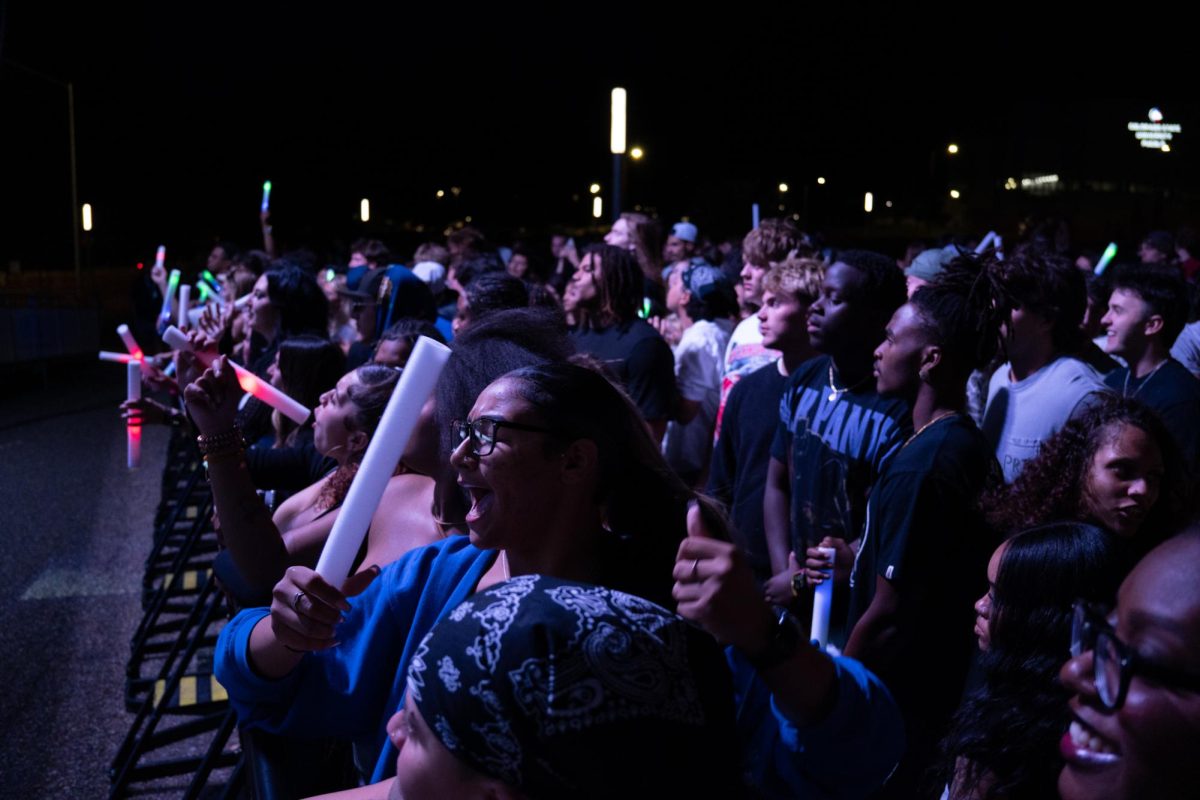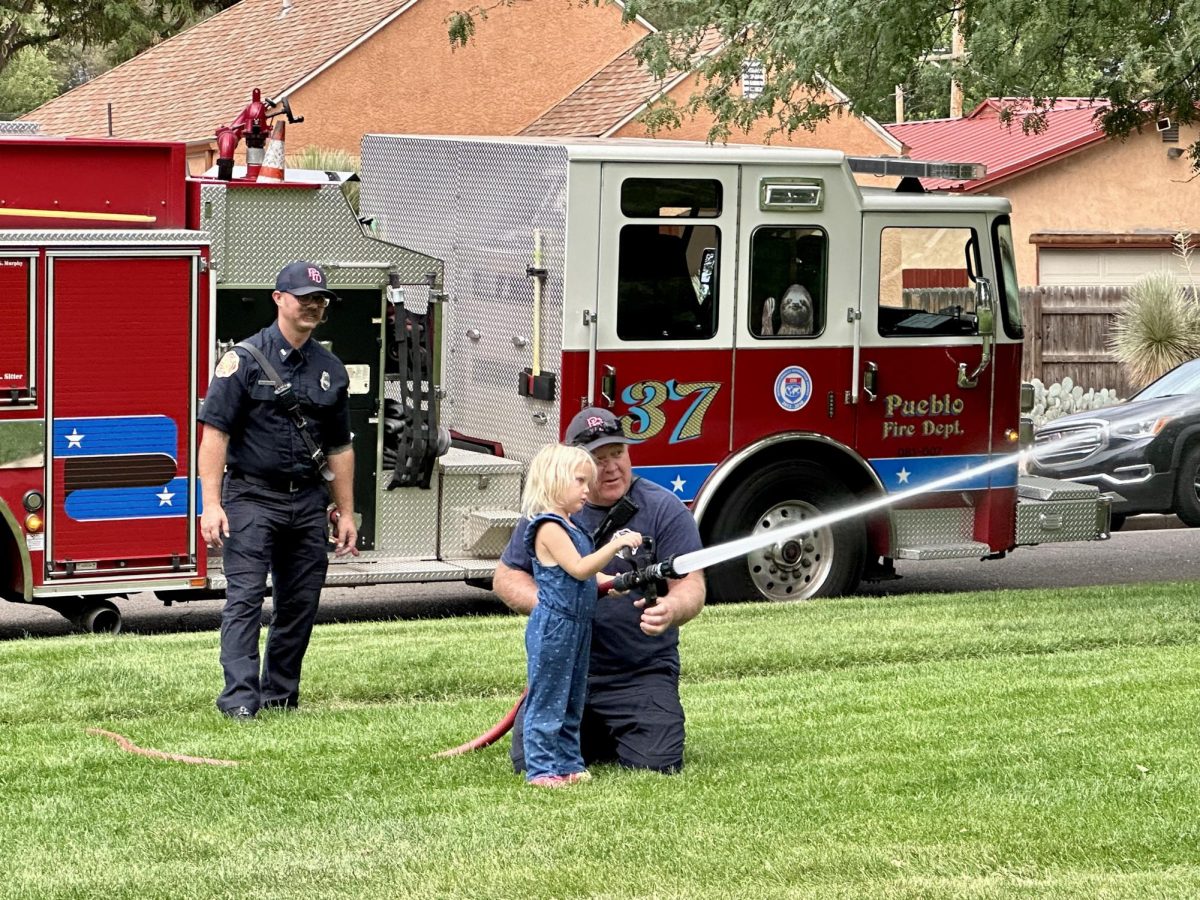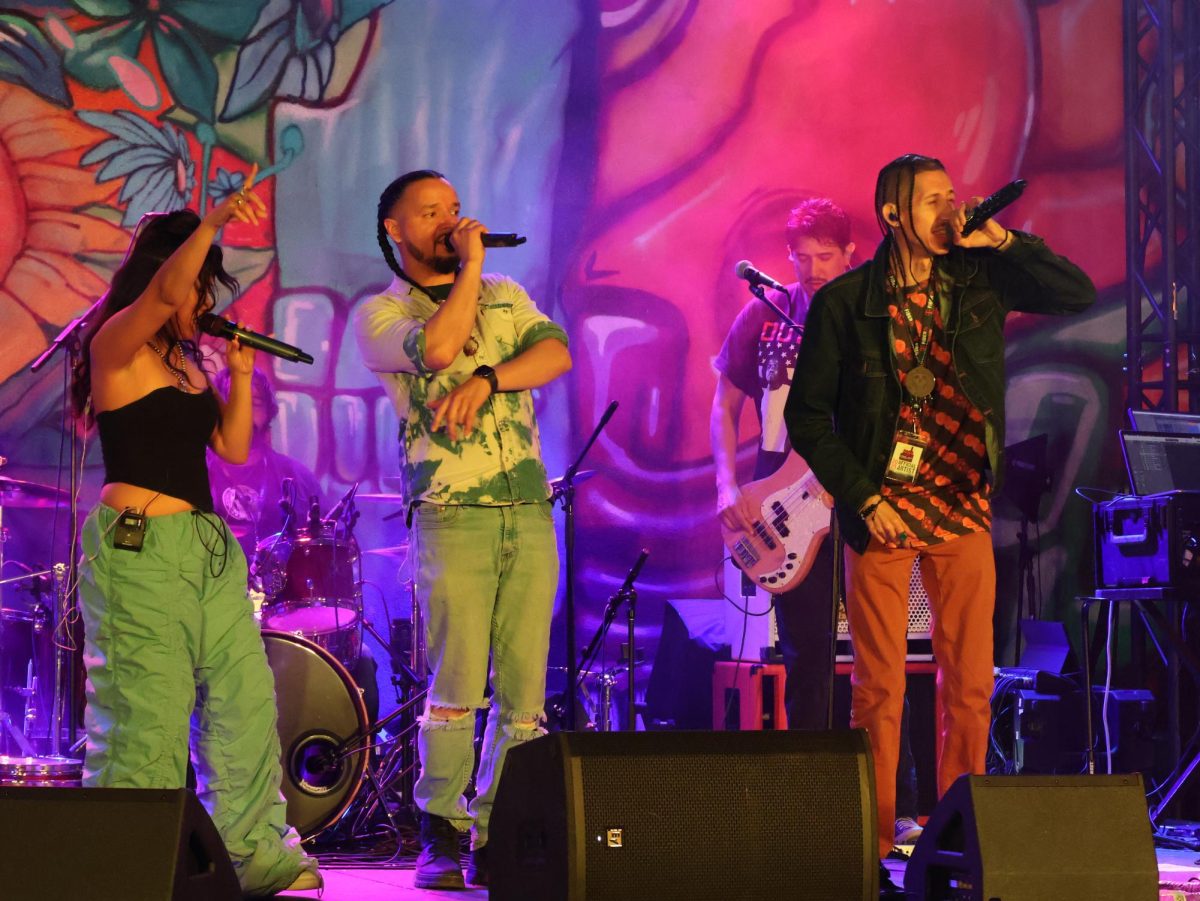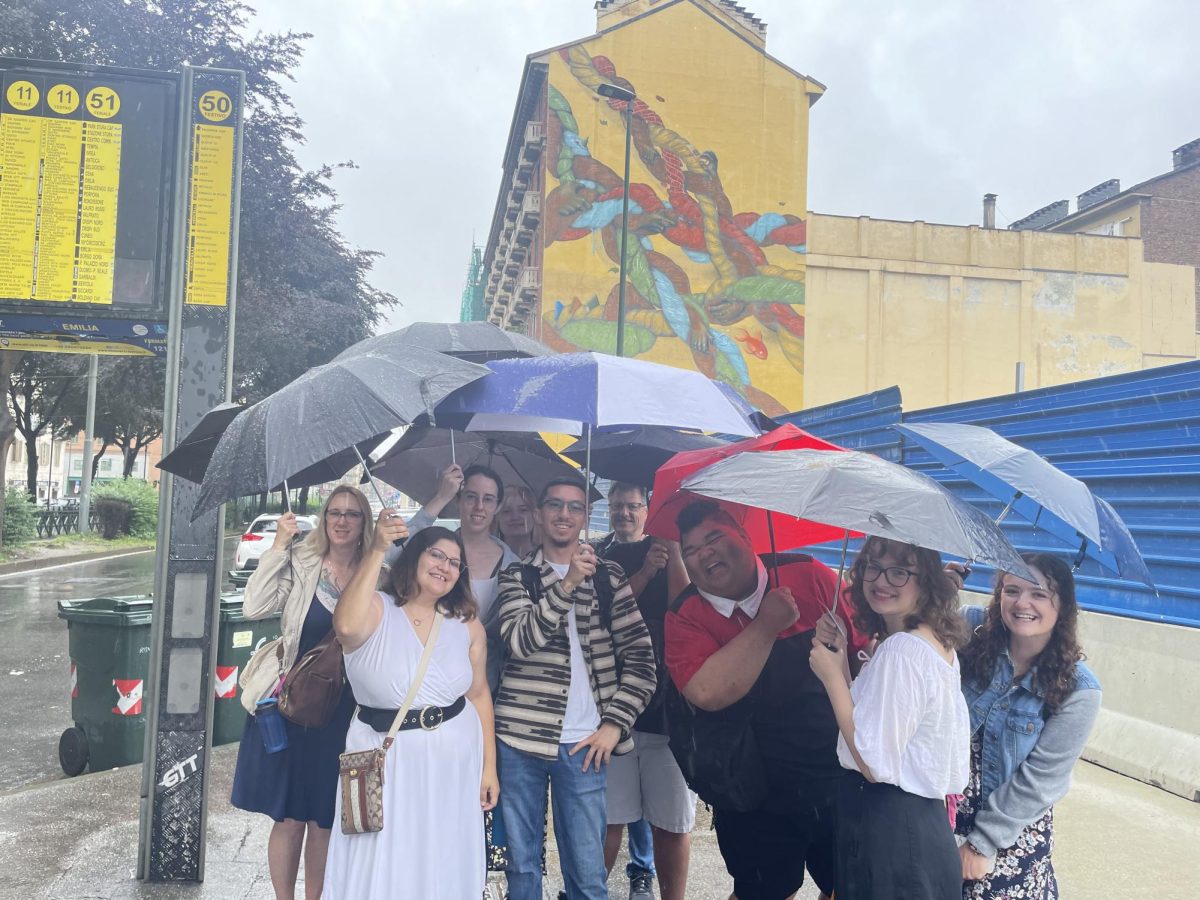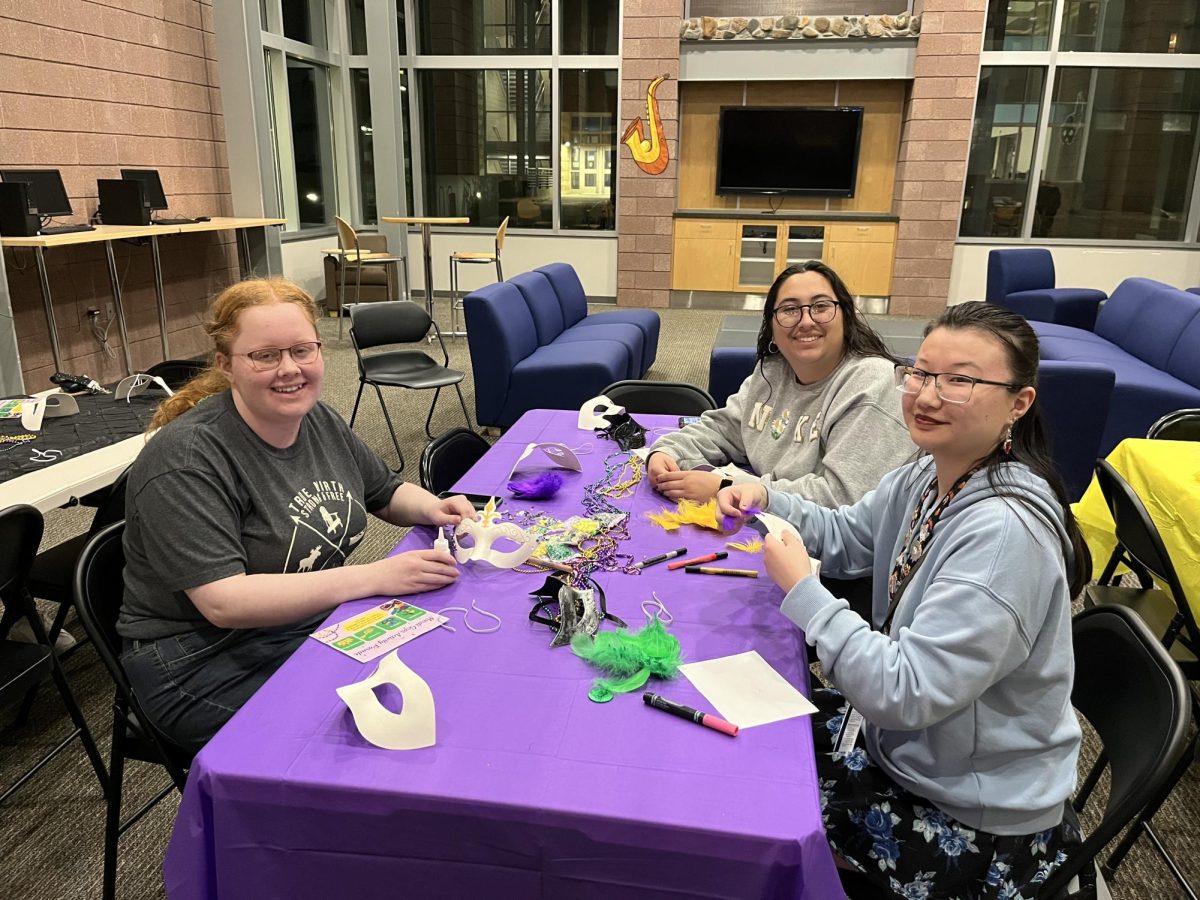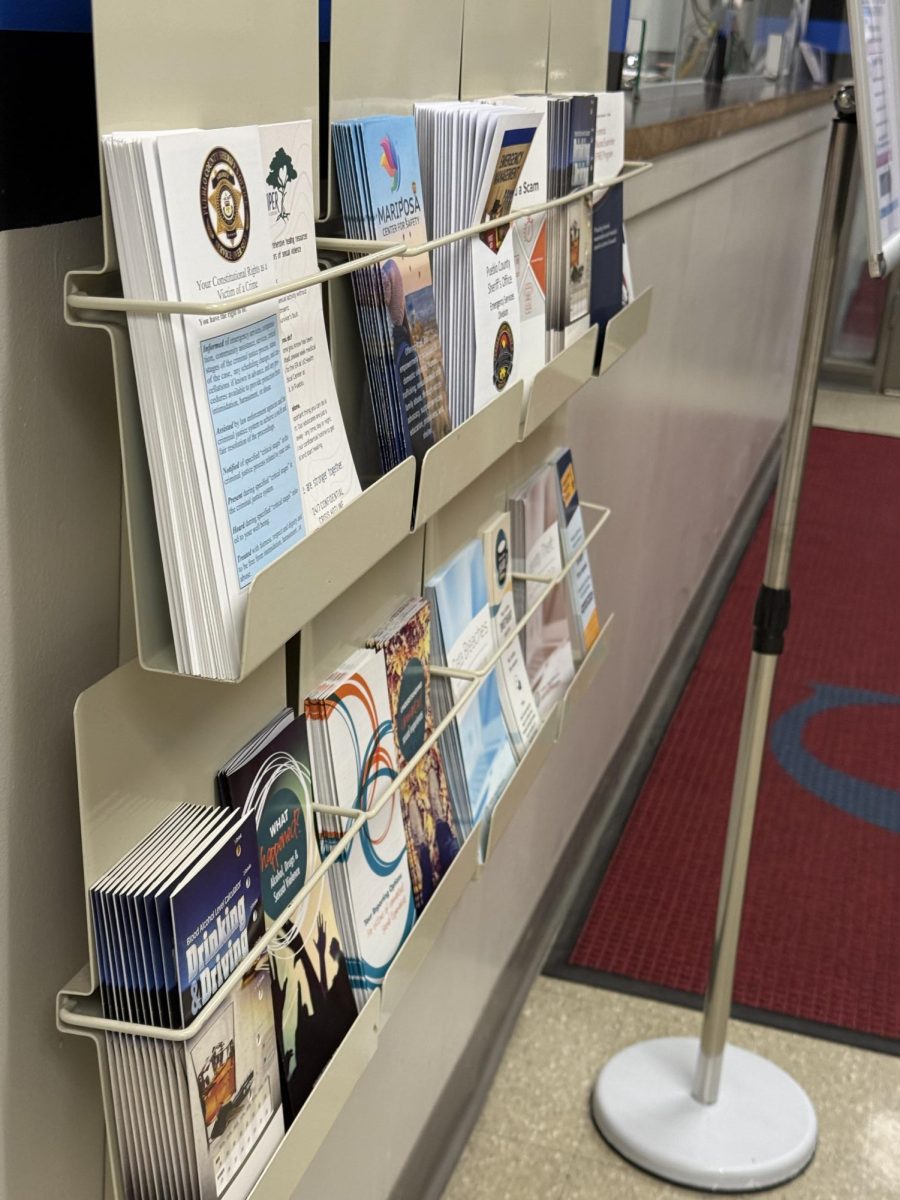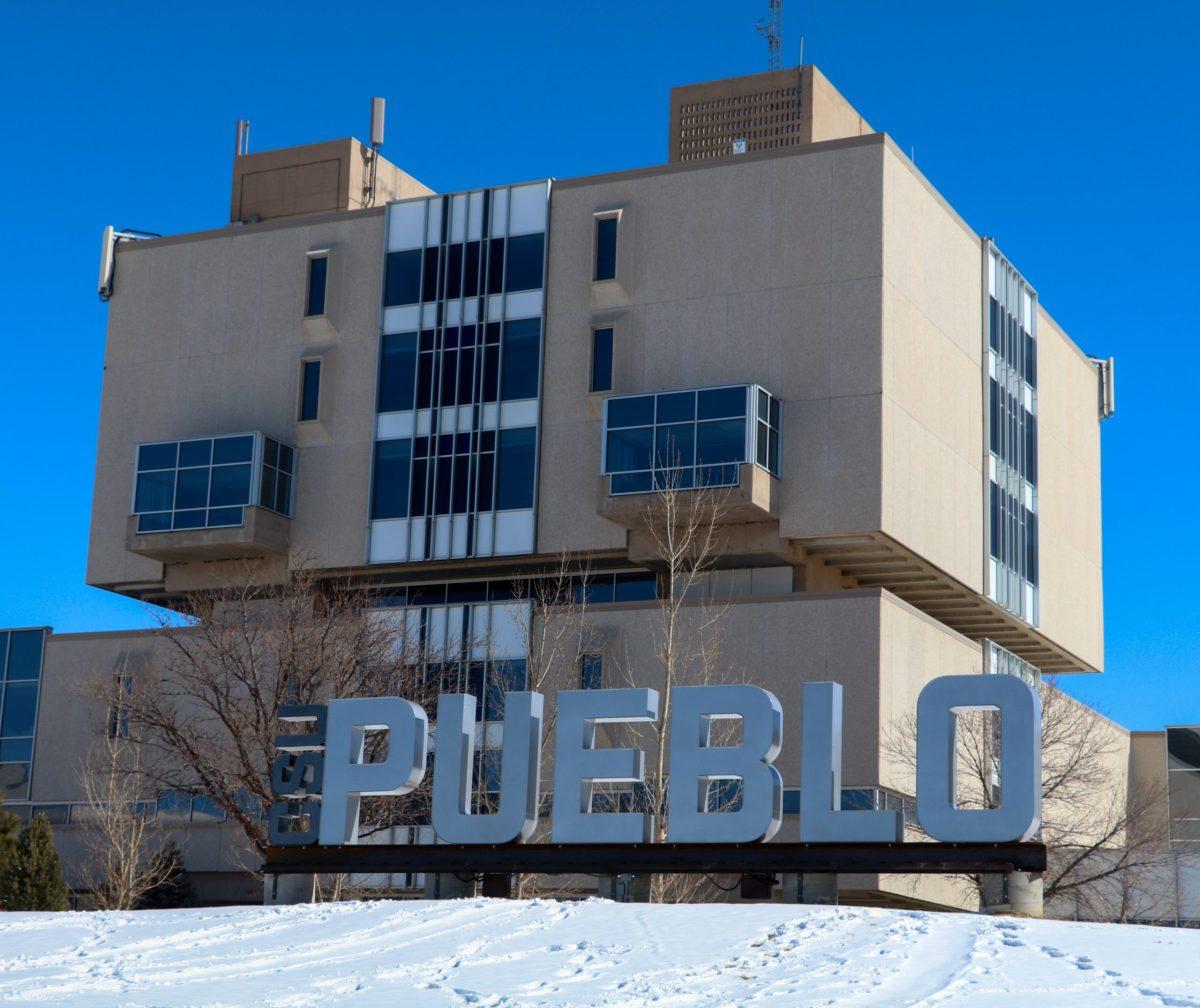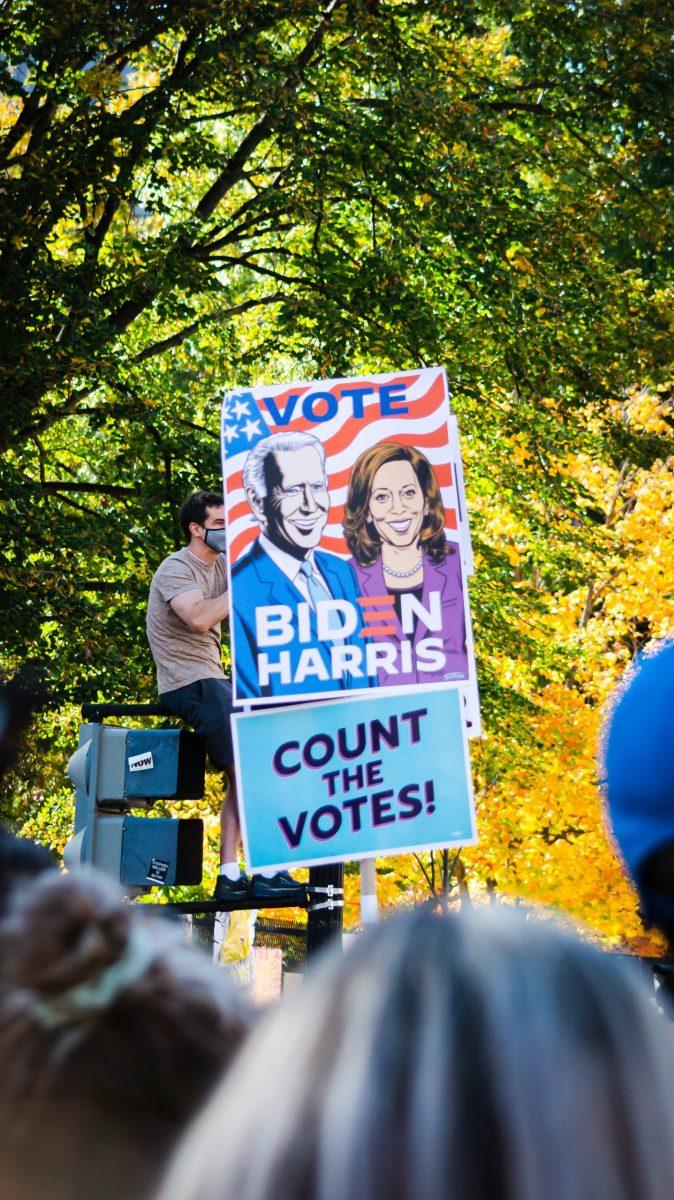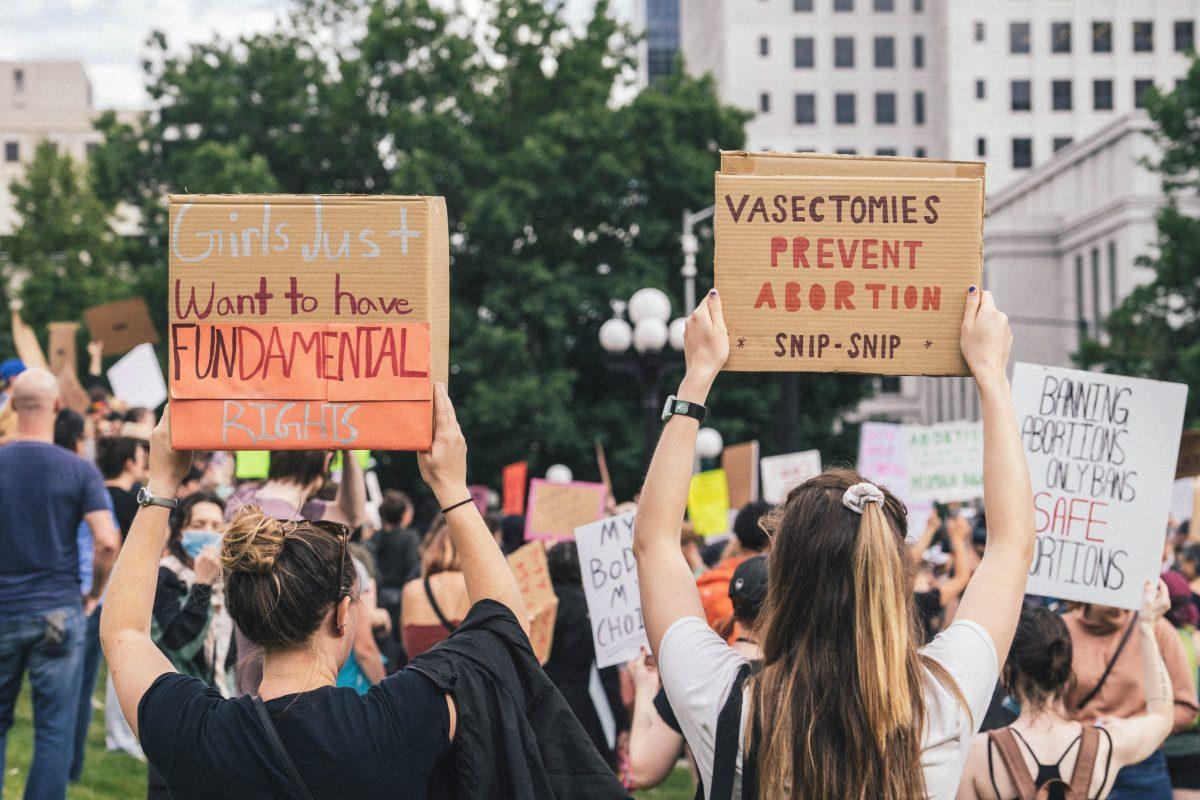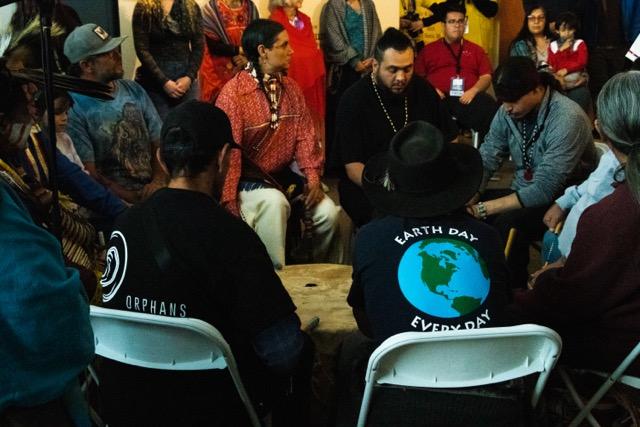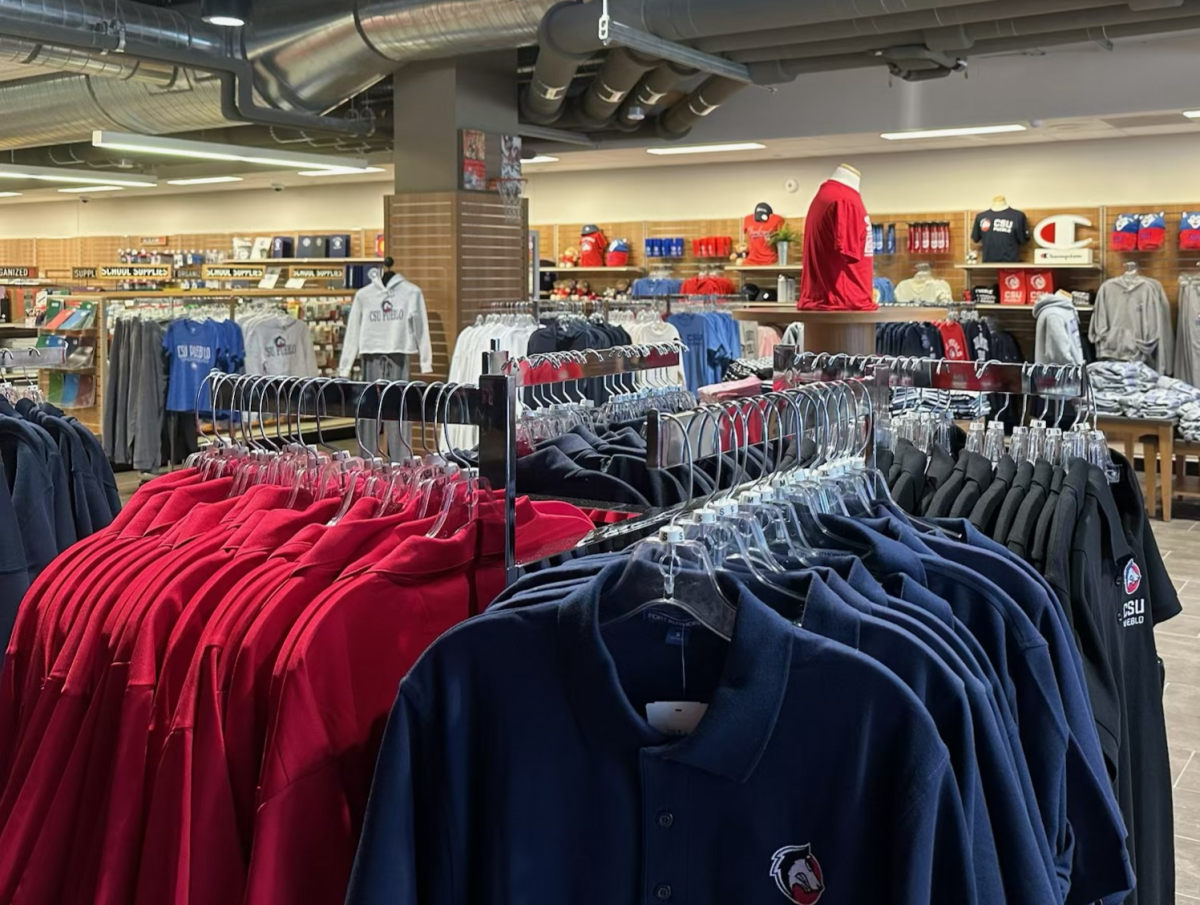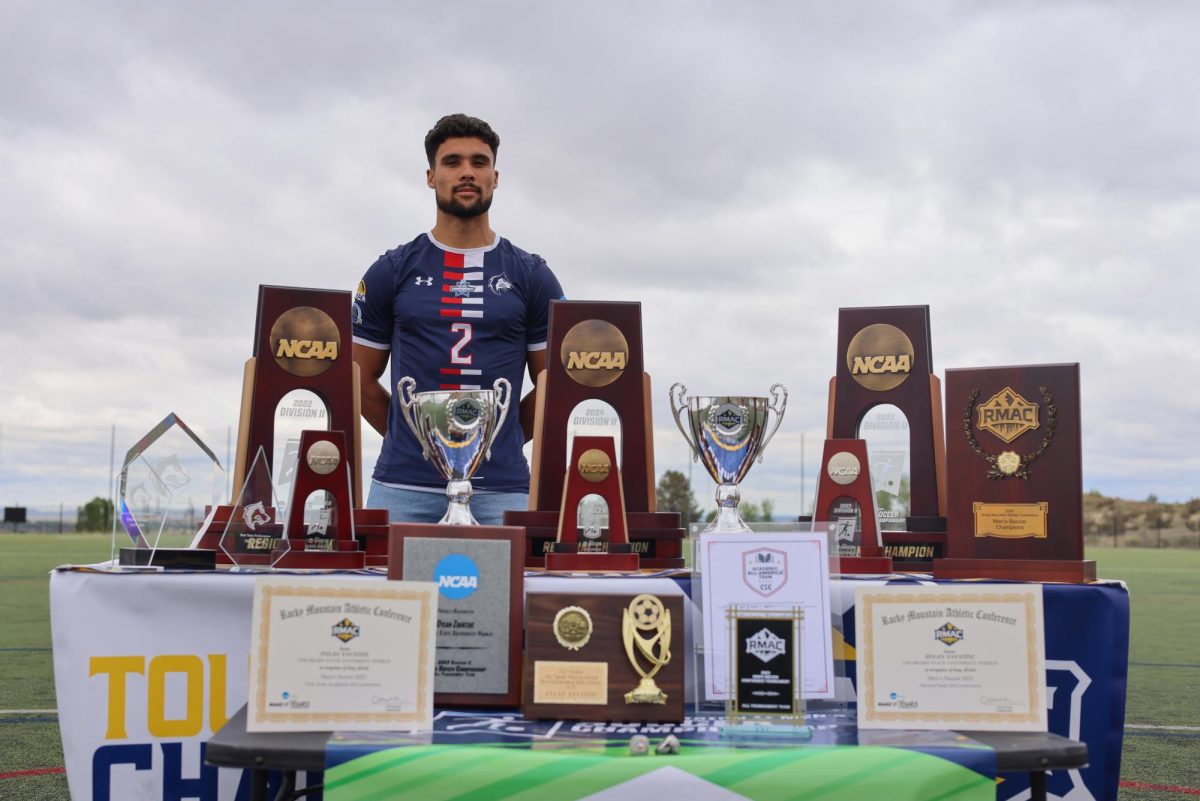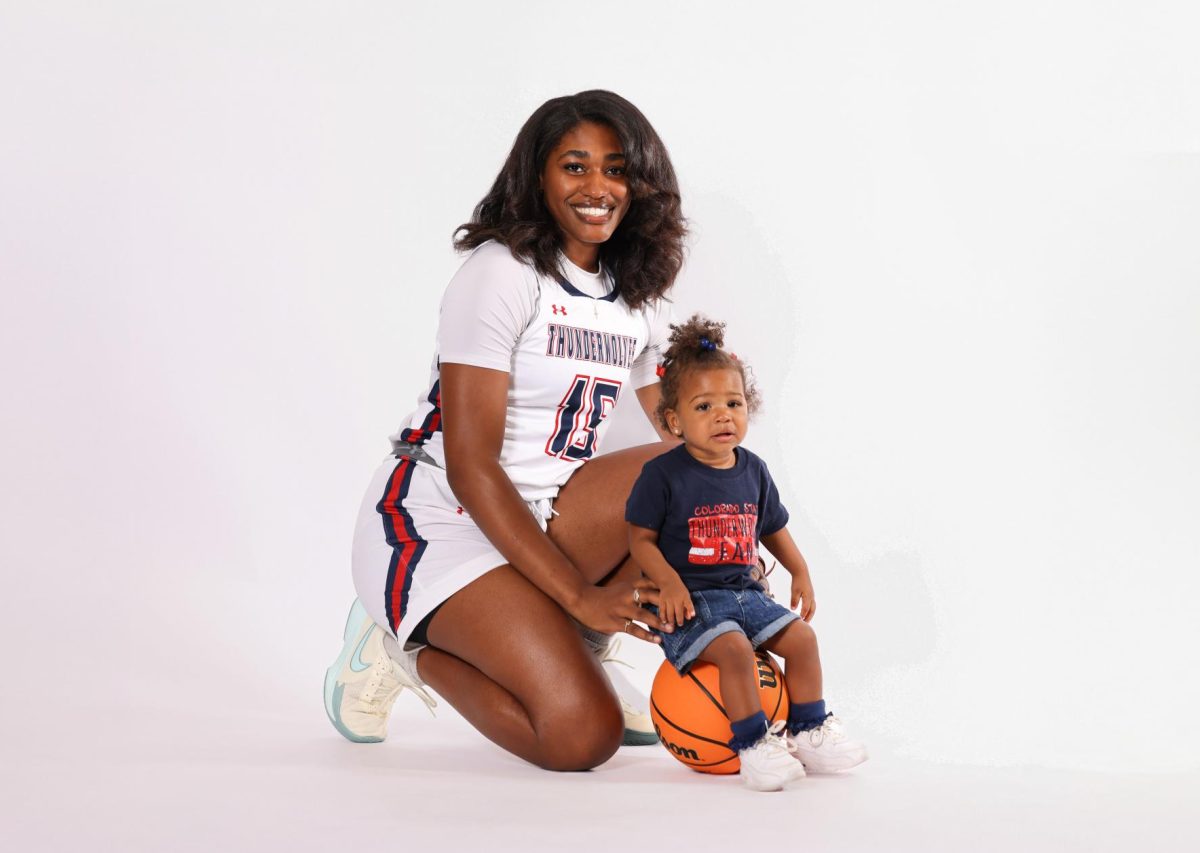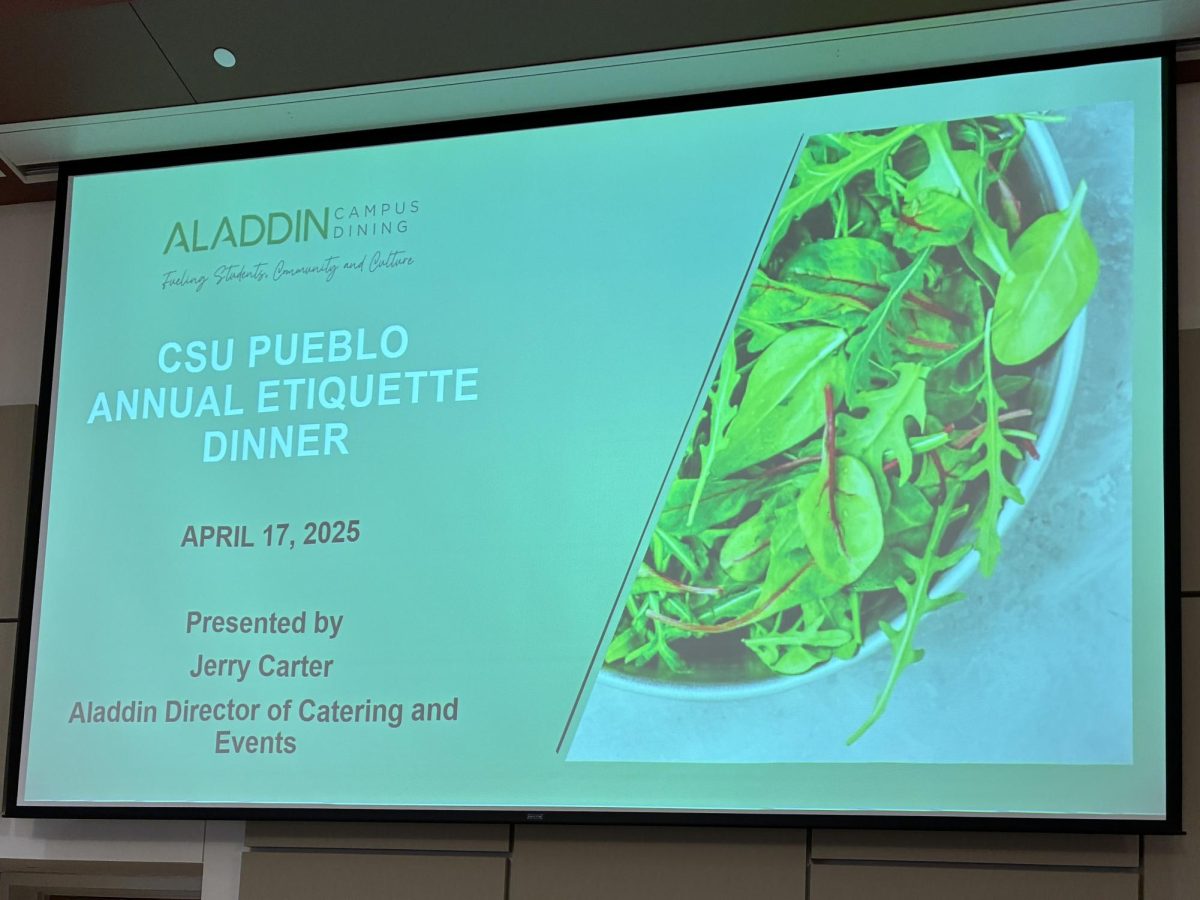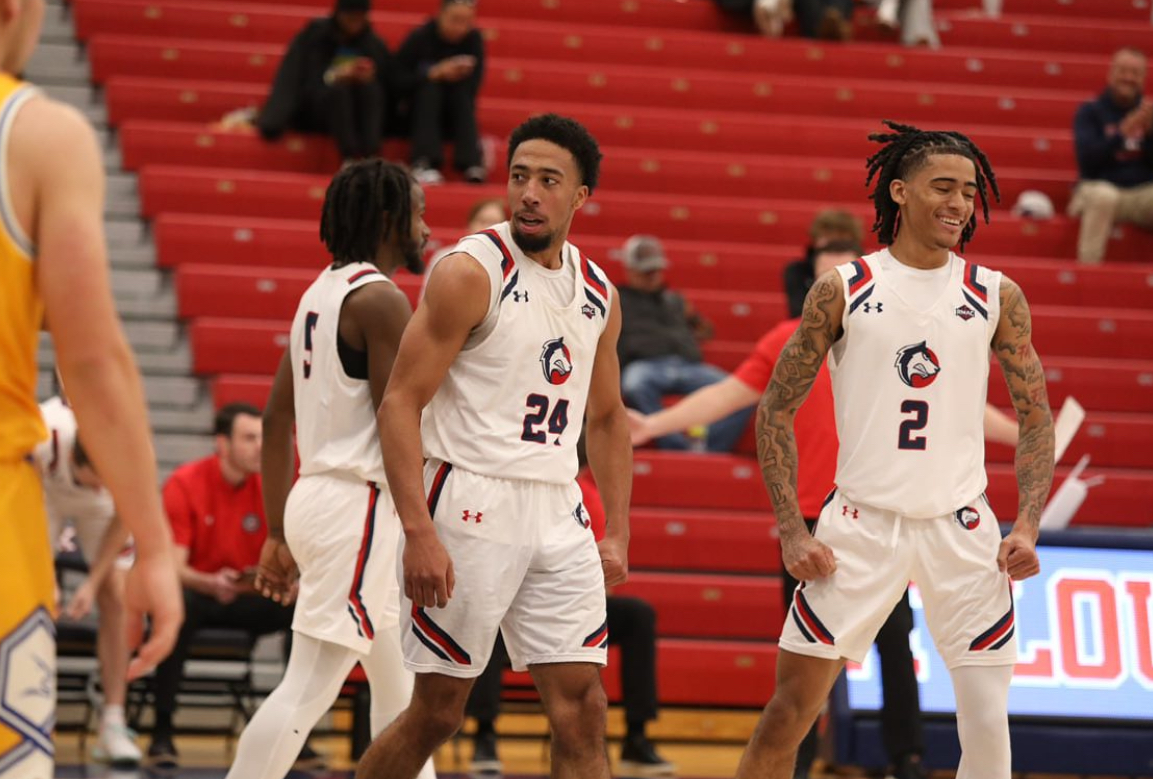By Aimee Torrez
Problems facing indigenous people and their communities was the topic at the Feb. 27 meeting of the Indigenous Student Association.
Started in September 2017 to celebrate Native American history, the group has been doing outreach on campus to expand its presence and be known. They noticed there wasn’t a place on campus to identify with that culture and to celebrate indigenous peoples, so they created one.
At the Feb. 27 meeting, they offered up a four-person panel to discuss numerous topics important to the group. The first speaker was Dr. Bruce Lutz, Anthropology professor at Colorado State University-Pueblo. His topic was if adaptation and simulation and are they the same thing. He spoke about the native Inuits in Alaska.
Lutz lived and worked with the Inuit’s in Alaska for many years. Lutz said that he wasn’t on the panel to try and solve their problems, but to look into some of the causes of their problems and some of the outcomes.
Lutz said, “How do you hold on to your indigenous values when they seem to be inferior to the values of the dominant society?”
Lutz also said that when people have such despair, they need hope to bring them out of it. The only way to do that, is for them to have hope within themselves.
Dr. Ian Gomme, Sociology professor, CSU-Pueblo, was the second panelist to speak. Dr. Gomme is a Canadian native and spoke about a 25-year period in Vancouver, BC, Canada where 49 Canadian women were missing and eventually found dead. They were found at a crime scene that scanned about 12 acres. 40 percent of the victims found there were aboriginal women. The work of a serial killer, it was the largest and most expensive murder investigation in Canadian history.
There are extremely high rates of missing aboriginal women and girls missing in Canada. It is estimated that between 1000-4000 aboriginal native Canadian women have gone missing and are presumed murdered since the 1970s. “This is considered to be a national crisis for the Canadian population,” said Gomme. Aboriginals represent about 4 percent of the Canadian population.
Ryan Yanke, instructor of psychology, CSU-Pueblo was the third speaker. Yanke was a housing provider focusing on harm reduction for tenants of various tribes in the Seattle, Washington area, for seven years. He helped the tribes with the opiate crisis affecting them. Yanke described how he helped, he said, “We tried to meet their needs, meet them where they are, and reconnect them to their families.” He wanted to reduce the harm and help in ways other than just telling them to, “Don’t do drugs.”
According to Yanke, drugs, opiates, and heroin overdoses are disproportionately affecting native tribes more than any other population. The lack of resources for them, the lack of the ability to teach and to train, and the closed-mindedness in individuals about the problem rivals the current Pueblo opiate situation.
Judy Baca, associate professor of Chicano studies at CSU-Pueblo, was the fourth and final speaker on the panel. Baca began speaking about the historical trauma in the indigenous community, denying abilities for them practice their ancient religious beliefs, healing practices and folk healing. Her major point was how confusing it is to the indigenous people to lose their culture. “Some never assimilate, and they end up denying and hiding who they really are because of it,” said Baca.
According to Baca, when she was growing up, some aspects of her upbringing were not to be talked about outside of her own cultural community for fear of misunderstanding and the misconceptions about them.
Many new herbs have been used since the dawn of time by native peoples but are only recently gaining in popularity and being used everywhere and in everything. “Indigenous people have known about them for centuries,” said Baca.
President of the Indigenous Student Association, Severino Martinez, was also in attendance as an audience member. He said, “we are all connected as people and that America, to some Native tribes, is referred to as turtle island. As an organization, we are very welcoming of all people to come and attend the meetings so that everyone can get an understanding of where everyone is coming from and talk, discuss and learn from each other.”
The Indigenous Student Association hope to have many more activities on campus and share their thoughts and views with others who may or may not agree with them on topics.
“Everyone is welcome to stop in for a meeting and see what our organization is about, and we invite everyone to participate,” said Martinez.
Meetings are held every Tuesday from 5-6 p.m. in the GCB room 212.




